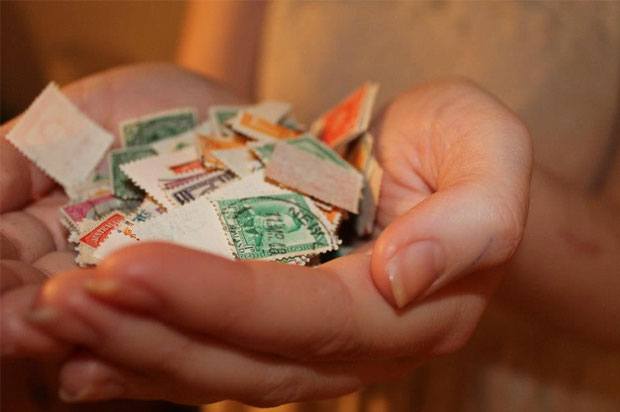Restaurant laws: the bill

For when your food isn't good enough to take photos of
Arguably the worst part of eating out is actually paying for your meal at the end, but it isn’t as simple as just handing over the cash. Read on for a breakdown of restaurant laws for customers and restaurant owners.
VAT
VAT, AKA Value Added Tax, must be included in meal prices displayed outside, or in, a restaurant, but they don’t have to be included on the menu. When you get your bill, it may show a breakdown of how much VAT you are being charged.
Service charges
If a percentage charge for service is said to be included in the meal price, you are entitled to reduce the bill if the service has been poor. You are entitled to reduce it by the amount shown to be the service charge, for example, if it is 10%, you can deduct this.
If you are happy with the service, you may wish to ask the waiting staff if they actually receive the service charge – in some cases the manager or restaurant chain pockets the money instead. It may be better to pay the charge by cash rather than on a card to ensure the staff actually receive it.
Poor restaurant food quality
If the problem is the quality of the food rather than the service, and the food is poor enough to be a breach of contract, again you are entitled to reduce the bill or refuse to pay.
However, if you are going to do this you need to tell the waiter at the time the food is served or when you first taste it. The restaurant is entitled to have the opportunity to sort out the problem.
Paying ‘under protest’
If you don’t like making a fuss or you’re with a party and don’t want to make a scene, you can always pay ‘under protest’ and write on the back of the bill that you are doing so. This gives you the chance of claiming against the restaurant at a later date. It’s usually only worth it if you are with a big party.
Free meals
Ah, the old not paying the restaurant bill law. It is a criminal offence on your part to go into a restaurant and order a meal with the intention of not paying for it.
However, restaurants often wrongly believe this means you have to pay for a meal whatever the circumstances. This is not the case.
So long as you have a genuine reason for not paying and you leave your name and address, you have not acted in any way dishonestly.
Clear prices
The law provides that you should be given a chance to check the prices before you get to your table, as well as having a menu at the table. They must make the food prices, as well as any minimum charge or service charge as clear as possible. If these charges aren’t on your menu and you were not otherwise informed, you can refuse to pay. They are not part of your contract. If they are displayed, you must pay them unless they are unreasonable for the standard of the restaurant.
If the restaurant fails with any of these obligations, it runs the risk of a prosecution by Trading Standards for breaking these restaurant laws.
You can threaten to report the restaurant if you are in an argument. Most restaurants will not wish to run this risk, but frankly there are few examples of prosecutions being successfully made. Trading Standards Officers claim they are too overworked with other problems to deal with this type of prosecution.
So, be reasonable, but know your rights! Have you had a terrible restaurant experience and think an eatery might have broken some restaurant laws? You can post about this subject on our Discussion Boards.
Next Steps
- Chat about this subject on our Discussion Boards.
By Holly Turner
Updated on 02-Jul-2021
No featured article










